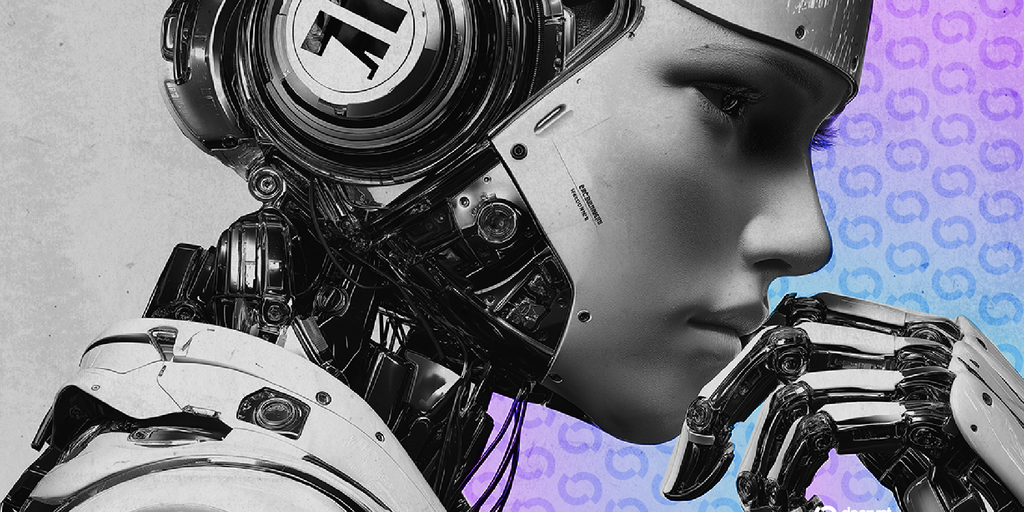In summary
- Two new research works show how AI agents can be designed with fixed psychological archetypes or evolve emotional strategies during conversations.
- Emotion increases performance: personality barley improves consistency and credibility, while adaptive emotions increase the success of negotiation.
- Defenders see more natural interactions -ai, but critics warn about manipulation and liability blurred as agents learn to discuss, flatter and more Cajole.
The dawn of emotionally intelligent agents, built for both static temperament and dynamic interaction, has arrived, if two unrelated investigation articles published last week are any judge.
The moment is sensitive. Almost daily, news accounts have documented cases in which chatbots have pushed emotionally unstable users to damage themselves or others. However, as a whole, the studies suggest that AI is moving to a kingdom where personality and feeling can give even more radically form to the way agents reason, speak and negotiate.
A team showed how to prepare large language models with persistent psychological archetypes, while the other showed that agents can evolve emotional strategies during multiple negotiations.
Personality and emotion are no longer just surface enamel for AI, they are becoming functional characteristics. Static temperaments make agents more predictable and reliable, while adaptive strategies increase negotiation performance and make interactions feel disturbingly human.
But that same credibility raises thorny questions: if an AI can flatter, engage or discuss with emotional nuances, then who is responsible when those tactics cross the manipulation, and how even audites the “emotional alignment” in the systems designed to double feelings and logic?
Give AI a personality
In Psychologically improved agentsMaciej Besta of the Federal Institute of Swiss Technology in Zurich and his colleagues proposed a frame called Mbti-in-thought. Instead of re -training models, they depend on rapid engineering to block personality features along the cognition and affection axes.
“Based on the Myers-Briggs type indicator (MBTI), our method prepares agents with different personality archetypes through rapid engineering,” the authors wrote. This allows “controlling on behavior throughout two fundamental axes of human psychology, cognition and affection,” they added.
The researchers tried this assigning features of language models as “emotionally expressive” or “analytically primed”, and then measuring performance. The expressive agents stood out in the narrative generation; The analytics surpassed the theoretical reasoning of the game. To ensure that personalities are stuck, the team used the 16 -person validation test.
“To guarantee the persistence of features, we integrate the official test of 16 personalities for automated verification,” explains the document. In other words: the AI had to consistently pass a human personality test before he had as psychologically prepared.
The result is a system where developers can summon agents with consistent characters (an empathic assistant, a cold rational negotiator, a dramatic narrator, without modifying the underlying model.
Teach AI to feel in real time
Meanwhile, Evoemo: emotional policies evolved for LLM agents in multiple negotiationBy Yunbo Long and co -authors of the University of Cambridge, it addresses the opposite problem: not only what personality an agent has, but how he can Change emotions dynamically while negotiating.
The system models emotions as part of a Markov decision process, a mathematical framework where the results depend not only on current options but also on a chain of previous states and probabilistic transitions. Evoemo then uses evolutionary reinforcement learning to optimize those emotional paths. As the authors expressed:
“Evoemo models emotional state transitions as a Markov decision process and uses population -based genetic optimization to evolve high -reward emotional policies in various negotiation scenarios.”
Instead of fixing the emotional tone of an agent, Evoemo allows the model to adapt, which becomes conciliatory, assertive or conciliatory skeptical, depending on the flow of dialogue. In the tests, the Evoemo agents constantly exceeded the smooth reference agents and those who have static emotions.
“Evoemo constantly exceeds both baselines,” says the document, “achieving higher success rates, greater efficiency and more savings for buyers.”
In a nutshell: emotional intelligence is not just showcase. Improves in a meditable way the results in tasks such as negotiation.
Two sides of the same coin
At first glance, the documents are not related. One is about archetypes, the other on strategies. But read together, draw a map of two parts of how AI could evolve:
Mbti-in-awareness ensures that an agent has a coherent personality: empathic or rational, expressive or restricted. Evoemo ensures that personality can be flexed through the turns in a conversation, configuring the results through the emotional strategy. Taking advantage of both is a big problem.
For example, imagine a customer service bot with the patient’s warmth of a counselor who still knows when to stand firm in politics, or a negotiation bot that begins conciliatory and becomes more assertive as bets increase. Yes, we are convicted.
The history of the evolution of AI has been mainly on the scale: more parameters, more data, more reasoning power. These two documents suggest that an emerging chapter can be about Emotional layers: Give personality skeletons and teach them to move those muscles in real time. Next generation chatbots not only think more difficult: they will also splash, more flat and scheme more.
Usually intelligent Information sheet
A weekly journey of gene, a generative model.


